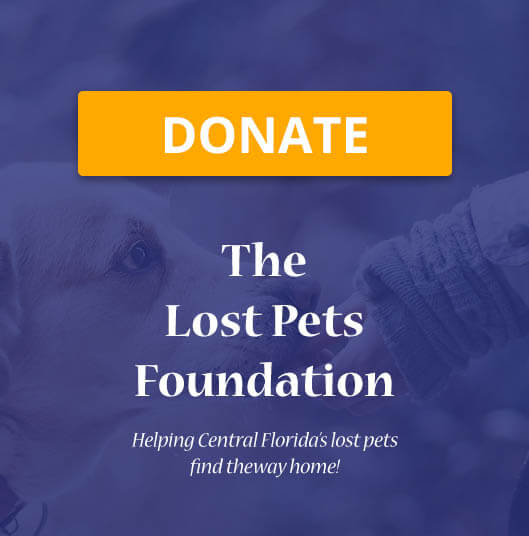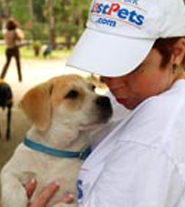Create Your Own Pet Poison First Aid Kit
Create a Pet Poison First Aid Kit

If you own a pet, make sure you have a first aid kit at home. We recommend the following items be kept on hand in case of various emergencies:
First aid kit contents:
- Hydrogen peroxide 3% (within the expiration date)
- An oral dosing syringe or turkey baster (for administering hydrogen peroxide)
- Teaspoon/tablespoon set (to calculate the appropriate amount of hydrogen peroxide to give)
- Liquid hand dish washing detergent (i.e., Dawn, Palmolive)
- Rubber gloves
- Triple antibiotic ointment (with NO other combination ingredients – NOT for use in CATS!)
- Vitamin E oil
- Diphenhydramine tablets 25mg (with NO other combination ingredients)
- Ophthalmic saline solution or artificial tears
- Can of tuna packed in water or tasty canned pet food
- Sweet electrolyte-containing beverage
- Corn syrup
- Vegetable oil
Before you attempt anything with your new first aid kit, always make sure to speak with a poison control specialist prior to initiating any therapies at home. Never administer hydrogen peroxide to any pet without checking with a veterinary professional first, as sometimes it’s not appropriate to induce vomiting at home. Never initiate first aid or administer any over-the-counter human medications to animals without speaking to a toxicologist or veterinary professional first! If you have any questions regarding the veterinary toxicology first aid kit recommendations, please call Pet Poison Helpline.
Another important thing to keep in mind is home remedies. When it comes to our pets and poisons, we don’t want to chance endangering our pet’s lives with some made up, Internet-discovered, erroneous home remedies! We hear it all – owners who use milk, peanut butter, vegetable oil, or salt…and these remedies are all WRONG! Please know that these products should NEVER be administered as they don’t work! Consult your veterinarian or Pet Poison Helpline to find out:
- if the product ingested was poisonous to begin with,
- what the true antidote is, and
- if emesis (inducing vomiting) is warranted or medically indicated.
Remember, there’s a lot of good AND bad information out there on the Web, and you must be able to separate the wheat from the chaff!
Reprinted with permission from Pet Poisons Helpline

Cofounder and Sponsor

Shelley Heistand
Premier Sotheby’s International Realty
407-718-9222
Cofounder Executive Director

Judy Charuhas
Contact Judy here

